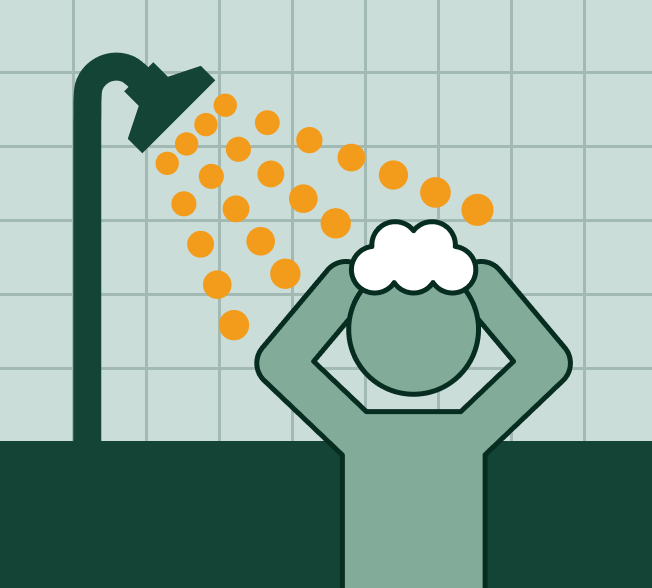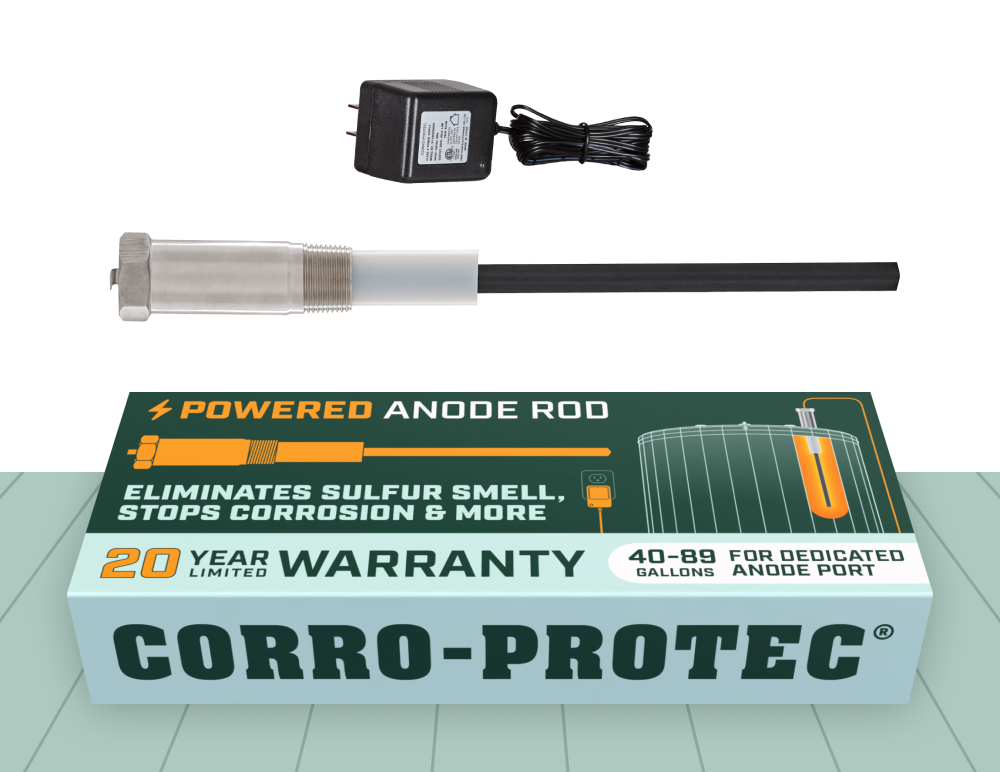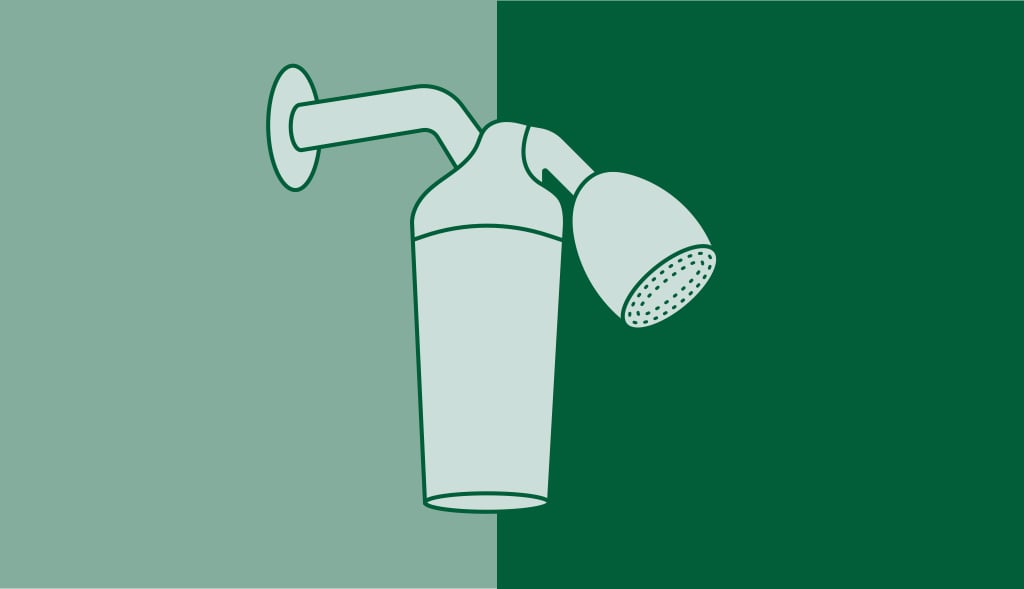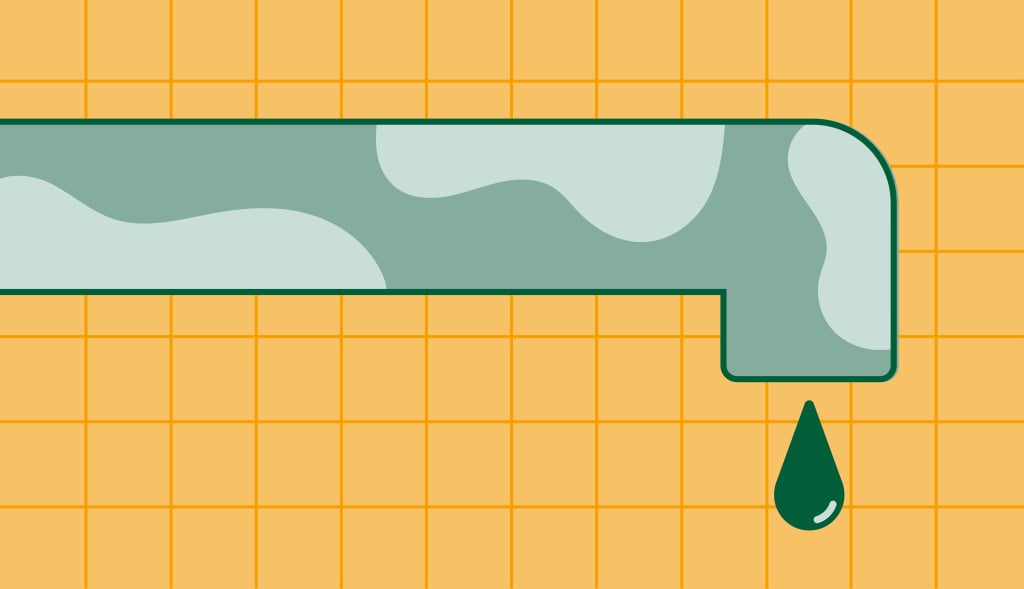Washing Hair in Hard Water: Your Ultimate Guide

Understanding Hard Water and Its Effects on Hair
Hard water, characterized by a high concentration of dissolved minerals like calcium and magnesium, can pose several challenges for hair care. The minerals present in hard water make it difficult for water to interact effectively with soap, leading to soap scum and making simple tasks like washing your hair quite frustrating.
This interaction often leaves hair feeling dull, limp, and even crunchy at times. The hard water can also affect the hair’s health, leading to damage and potential hair loss. It will also make your appliances harder to wash because of the hard water stains.
Signs of Hard Water Hair Damage
The minerals in hard water can build upon your hair, leaving it feeling dry and brittle. Some signs of hard water hair damage include a lack of shine, hair that’s hard to detangle, an increase in frizz, a flaky scalp, or even hair loss. Color-treated hair can fade quickly when washed in hard water.
Struggling with Hard Water Hair Woes? Here’s the Ultimate Solution!
Say goodbye to dull, lifeless hair. Transform your locks with Corro-Protec’s powered anode rod – the ultimate hard water warrior for your water heater. Solve the problem at the source!
Combatting the Effects of Hard Water on Your Hair
Hard water, rich in minerals like calcium and magnesium, can lead to hair damage, making it dull, brittle, and difficult to manage. Solutions range from chelating shampoos and vinegar rinses to installing a water softener or a Corro-Protec Powered Anode Rod, which improves water quality and protects against hard water damage.
Chelating and Clarifying Shampoos
Using a shampoo for hard water can significantly mitigate the effects of hard water on your hair. Chelating shampoos and clarifying shampoos are especially beneficial. They are designed to remove mineral build-up from the hair, leaving it clean and refreshed. However, they can be drying, so it’s recommended to use them once a week and follow up with a good conditioner.
Using Leave-in Conditioners
Leave-in conditioners are a great way to reintroduce moisture to your hair after washing it in hard water. Look for leave-in conditioners with moisturizing ingredients like jojoba oil, almond oil, coconut oil, and argan oil. These seal in moisture within each strand, preventing your hair from drying out and giving it a glossy, smooth finish.
Final Rinse with Bottled or Filtered Water
Using bottled or filtered water for your final rinse can also help minimize the effects of hard water. While this method doesn’t entirely remove the presence of hard water minerals, it can help to reduce their impact on your hair, leaving it feeling smoother and softer.
Long-Term Solutions for Hard Water Hair
Installing a Shower Filter or Water Softener
A shower filter or water softener can offer a more permanent solution to the hard water problem. A shower head water softerner attached to your showerhead can help reduce the concentration of minerals in the water, while a water softener can remove the minerals altogether, providing you with soft water.
Soft water makes your hair easier to manage, reduces the amount of shampoo you need to use, and can improve the overall health of your hair and scalp. While these solutions require an upfront investment, they can save you money in the long run on hair care products and can also have benefits for your skin.
A Cost-Effective Solution: Corro-Protec Powered Anode Rod
One cost-effective solution that may not immediately come to mind when dealing with hard water issues is the installation of a Corro-Protec Powered Anode Rod in your water heater. This tool works using the cathodic protection principle, which has been used for decades in ships, boats, and pipelines to prevent corrosion.
This solution can significantly improve the quality of your water and subsequently your hair’s health. It works by forming a protective layer on the tank walls and its weak points of your water heater, safeguarding it from rusting, even in regions where water is particularly hard and aggressive.
This technology also destabilizes the calcium molecule, helping to soften your water over the long-term, which can be particularly beneficial to both your hair and scalp health. Notably, this type of device is often cheaper and requires less maintenance than a traditional water softener, making it an excellent option for those on a budget.
Therefore, while it might seem unconventional, a Corro-Protec Powered Anode Rod is indeed an effective and economical tool in your arsenal against the damaging effects of hard water on your hair.
Weird solutions :
Vinegar Rinse
A vinegar rinse can work wonders in combatting the effects of hard water on your hair. The acidity of vinegar helps to remove the build-up of minerals left by hard water. Apple cider vinegar is particularly effective. Mix one part vinegar to two parts water and pour it onto your hair after shampooing. Leave it on for a few minutes and rinse it out. This vinegar rinse not only balances the pH of your hair but also leaves it feeling soft and silky.
The Power of a Citrus Rinse
A citrus rinse can be a highly effective and natural way to counteract the damaging effects of hard water on your hair. Citrus fruits, like lemons and limes, are rich in citric acid, which can work wonders on mineral build-up. This citric acid can gently strip away the minerals deposited on your hair by hard water, restoring shine and softness. Simply squeeze fresh lemon or lime juice, dilute it with three parts water, and apply it to your hair after shampooing. Ensure to distribute the mixture evenly, giving special attention to your scalp. A citrus rinse not only leaves your hair feeling silkier and healthier, but it also has the added benefit of fighting dandruff due to the antiseptic properties of lemon. It’s a quick, easy, and refreshing remedy for hard water hair woes.
Protecting Your Hair from Hard Water
Understanding how to protect your hair from the effects of hard water can go a long way in maintaining your hair’s health. The first step is to identify the signs of hard water damage. Once you’ve done that, you can employ tactics like using a chelating or clarifying shampoo, doing a vinegar rinse, applying leave-in conditioners, and rinsing with filtered water to mitigate these effects.
If hard water is a persistent problem in your home, it might be worth considering installing a shower filter or a water softener.
Conclusion
Washing hair in hard water may present some challenges, but with the right care, you can mitigate these issues and maintain healthy, vibrant hair. By understanding the effects of hard water and using the right products and techniques, you can counteract the damage caused by hard water and protect your hair in the long run.
Beautiful Hair in Hard Water? Yes, You Can!
Hard water makes washing hair a challenge, leaving it dull, limp, or even crunchy. But it also harms your water heater, reducing its lifespan.
The Corro-Protec Powered Anode Rod protects your tank from corrosion, ensuring lasting performance, no matter how hard the water is.

Blog
Water Softener Shower Head : 1 Better Alternative
Ongoing exposure to hard water can reduce your shower head flow rate by up to 75%. While many homeowners turn to a water softener shower head, […]
Hard Water Stains : 3 Easy Ways To Prevent It
Hard Water Stains Come from Limescale In The Hot Water Lack of pressure in the faucets, whitish deposits (hard water stains) on the walls of […]


